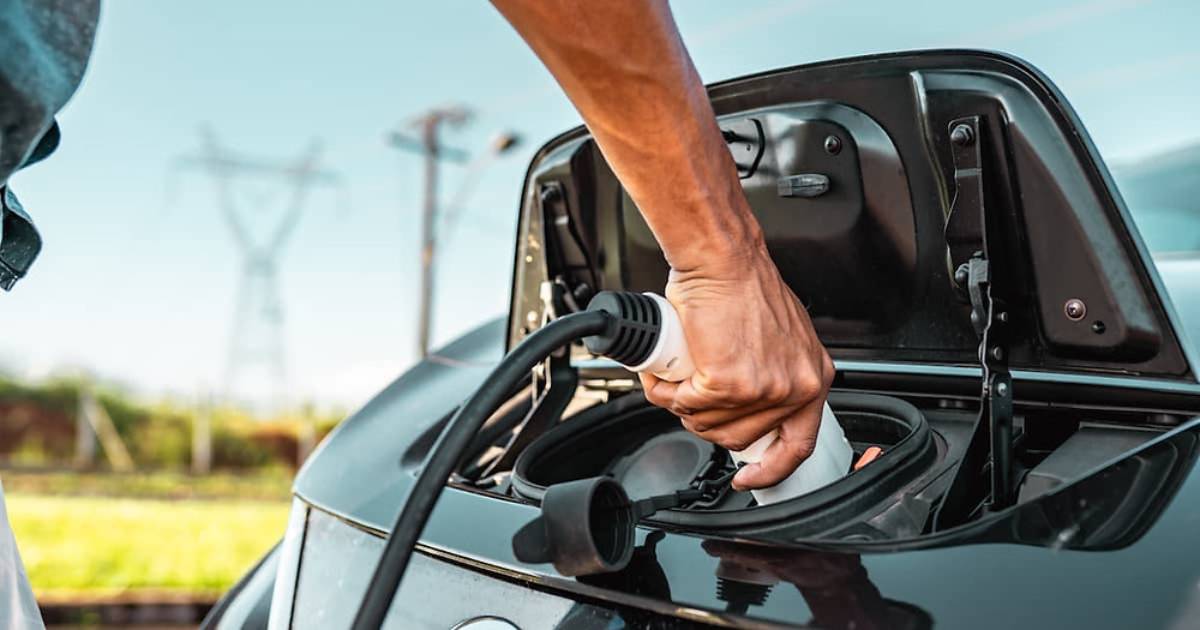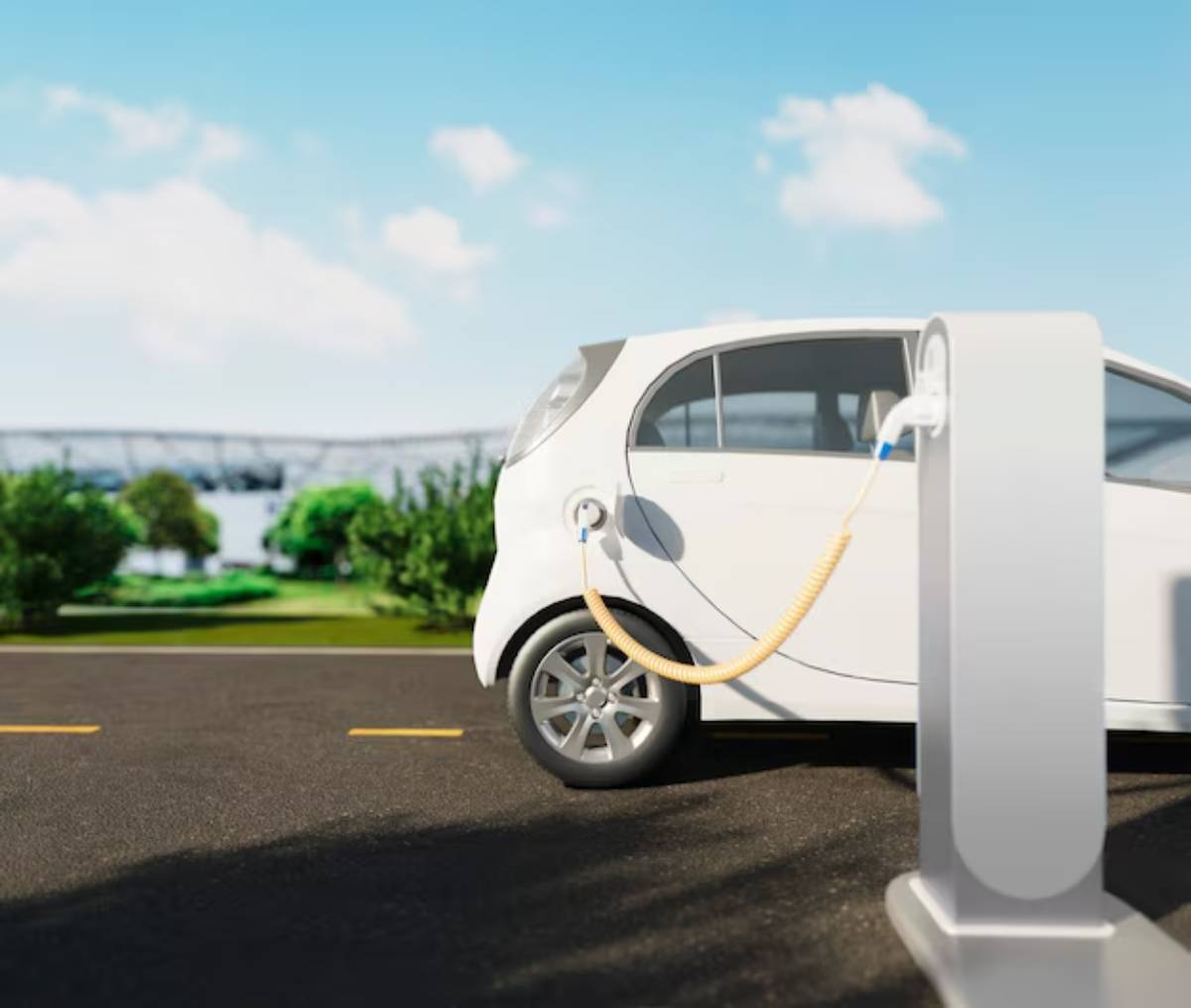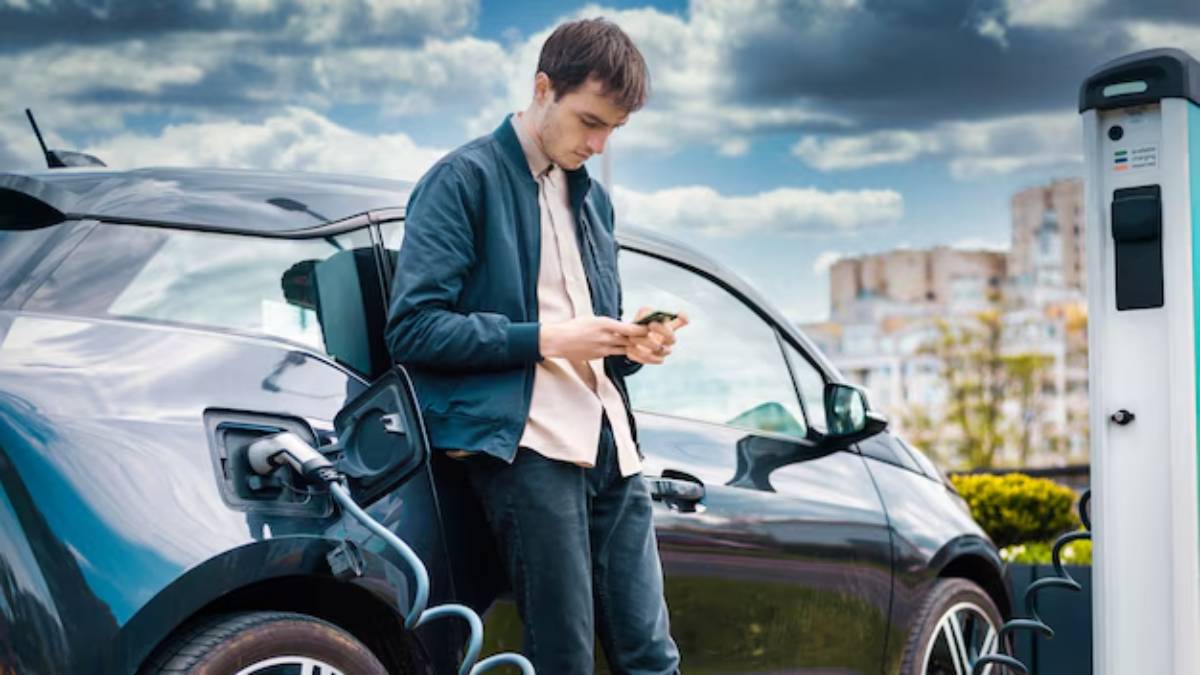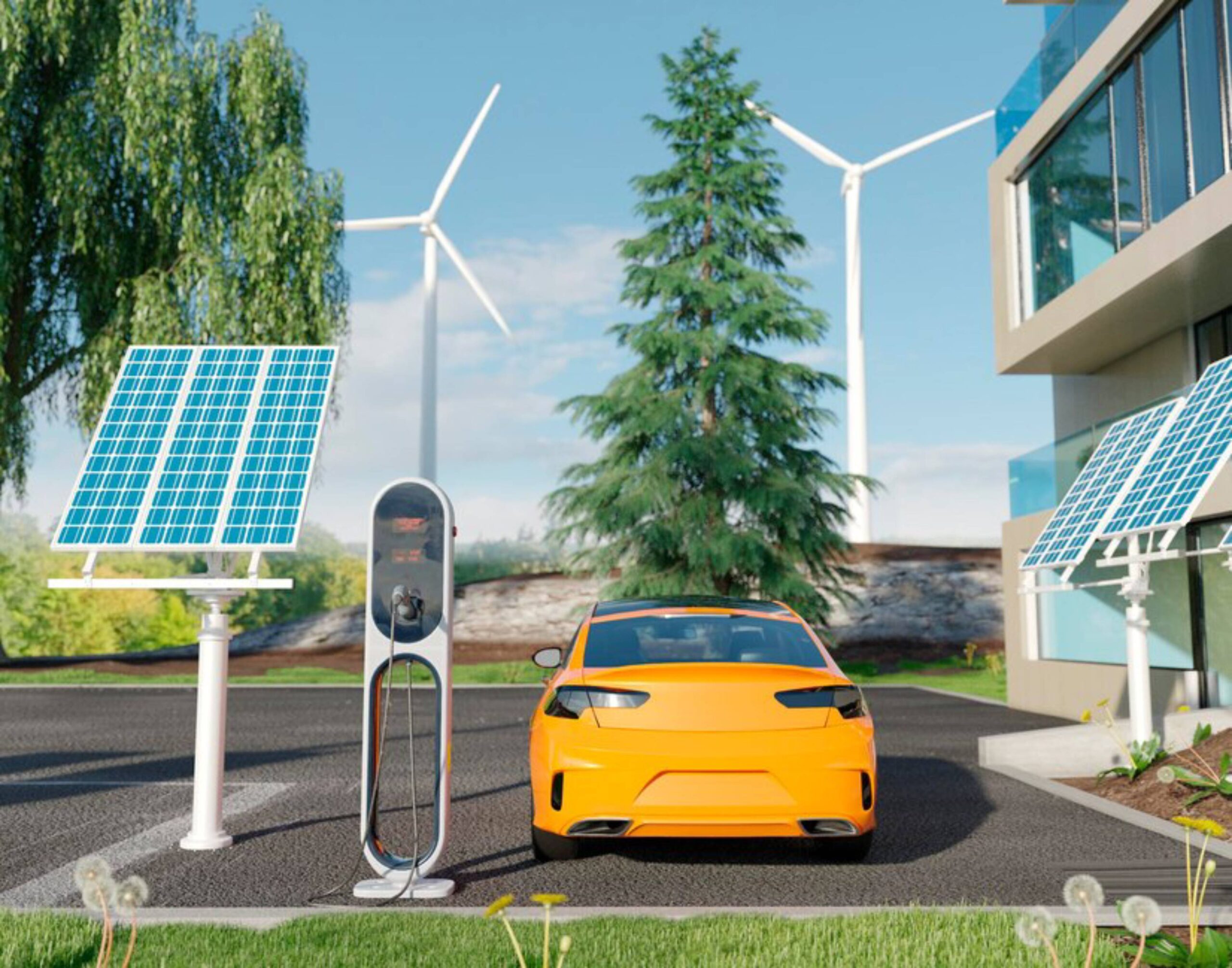
How Long Do EV Batteries Last? Everything You Need to Know
Electric vehicles (EVs) are cruising into the spotlight of sustainable transportation. As interest accelerates, a key question emerges: how long do these batteries last? Understanding their lifespan and the factors that influence it is essential. After all, knowledge is power when considering the switch to an electric ride.
In this blog, we’ll journey through the lifespan of EV batteries. Discover the elements that impact their durability and learn how they slowly degrade. We’ll also share tips to boost your battery’s life expectancy. Plus, find out what happens to EV batteries once they’ve completed their automotive adventure.
How Wireless EV Charging Works

Understanding Inductive Charging Technology
Wireless EV charging uses electromagnetic fields to transfer energy from a charging pad on the ground to a receiver in the vehicle. This process, known as inductive charging, eliminates the need for cables and plugs. The technology is similar to how wireless phone chargers work but on a larger scale.
The Charging Process
- A charging pad is installed on the ground, either at home, in parking spaces, or on public roads.
- The EV is equipped with a receiver that aligns with the charging pad.
- When the vehicle is parked over the pad, an electromagnetic field is generated, transferring energy wirelessly.
- The receiver in the car converts this energy into electricity to charge the battery.
Types of Wireless EV Charging
- Static Wireless Charging: The vehicle remains stationary over the charging pad while charging. This is commonly used in parking lots, garages, and designated EV charging areas.
- Dynamic Wireless Charging: The vehicle charges as it moves over charging pads on the road. This idea is still being tested, but it could help EVs go farther without needing many stops.
What Is the Average Lifespan of an EV Battery?

EV batteries are your long-distance runners, lasting 10 to 20 years. Most manufacturers back them with warranties covering 8 years or 100,000 miles of reliable performance.
Unlike traditional car batteries, which are the divas of frequent replacements, EV batteries boast durability. Remember that their lifespan depends on many things: how you use them, the environment, and how well you maintain them.
Factors That Affect EV Battery Lifespan

1. Charging Habits
- Frequent fast charging can cause battery degradation over time.
- Keeping the battery between 20% and 80% charge helps maintain its health.
- Avoid letting the battery drain completely before recharging.
2. Temperature Conditions
- Extreme heat or cold can impact battery performance.
- EVs in very hot climates may experience faster battery degradation.
- Many EVs have thermal management systems to regulate battery temperature.
3. Driving Behaviour
- Aggressive driving and sudden acceleration can put extra stress on the battery.
- Smooth and consistent driving helps extend battery life.
4. Battery Chemistry and Technology
- Most EVs use lithium-ion batteries, which have a good balance of energy density and lifespan.
- Advancements in battery technology continue to improve longevity and efficiency.
How Does EV Battery Degradation Work?
Over time, EV batteries lose their ability to hold a full charge. This process, known as battery degradation, happens gradually. On average, EV batteries degrade by 1-2% per year under normal conditions.
Signs of Battery Degradation
- Reduced driving range compared to when the car was new.
- More frequent charging is needed to cover the same distances.
- Slower charging speeds over time.
Many modern EVs have battery management systems (BMS) that monitor and regulate the battery’s health, helping to slow down degradation.
How to Extend the Life of Your EV Battery
Taking proper care of your EV battery can help maximise its lifespan. Here are some essential tips:
1. Use Moderate Charging Speeds
- Avoid excessive fast charging, as it generates more heat and stresses the battery.
- Use slow or Level 2 charging for daily charging when possible.
2. Maintain an Optimal Charge Level
- Keep the battery charge between 20% and 80% rather than always charging to 100%.
- If storing your EV for a long time, maintain the charge at around 50%.
3. Park in the Shade or a Garage
- Exposure to extreme temperatures can accelerate battery wear.
- Parking in shaded areas or climate-controlled garages helps protect the battery.
4. Drive Smoothly
- Avoid rapid acceleration and harsh braking.
- Use regenerative braking to recover energy and reduce battery strain.
What Happens to EV Batteries After They Wear Out?
When an EV battery can no longer power a vehicle efficiently, it does not become useless. There are several ways to give old EV batteries a second life:
1. Repurposing for Energy Storage
- Used EV batteries can store energy for solar panels and home backup power.
- Many companies repurpose old EV batteries for grid storage to support renewable energy sources.
2. Recycling
- EV batteries contain valuable materials like lithium, nickel, and cobalt that can be recycled.
- The EV industry is improving recycling methods to reduce waste and make battery production more sustainable.
The Future of EV Battery Technology
Battery technology is advancing rapidly, with researchers developing new materials and methods to improve lifespan and efficiency. Some promising developments include:
1. Solid-State Batteries
- More durable and safer than lithium-ion batteries.
- Expected to have a longer lifespan and faster charging times.
2. Improved Recycling Processes
- Better recycling techniques will make EVs more sustainable.
- Reduced dependence on rare materials through battery innovation.
3. Enhanced Battery Management Systems
- Smarter BMS can optimise charging cycles and reduce wear and tear.
- AI-driven battery monitoring will help extend battery longevity.
Conclusion
EV batteries are designed to last 10-20 years, and with proper care, they can maintain their efficiency for a long time. By following good charging habits, avoiding extreme temperatures, and driving responsibly, you can maximise the lifespan of your EV battery.
As technology continues to advance, EV batteries will become even more efficient and sustainable. Whether you’re considering buying an EV or already own one, understanding battery lifespan and maintenance will help you make the most of your vehicle.
Would you consider switching to an electric vehicle? Let us know your thoughts in the comments!


